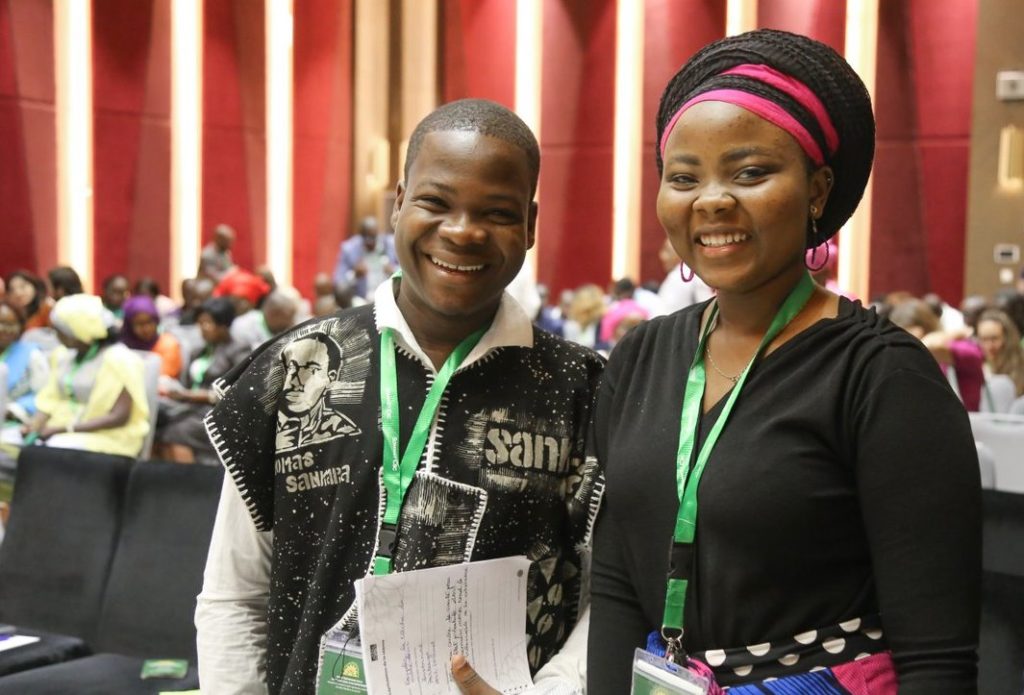Meaningful Youth Engagement in Family Planning Programs
Insights from the 2021 Learning Circles Francophone Africa and the Caribbean Cohort
Published on February 23, 2022

From October 2021 through December 2021, members of the family planning and reproductive health (FP/RH) workforce based in francophone sub-Saharan Africa and the Caribbean convened virtually for the second Knowledge SUCCESS Learning Circles cohort. The cohort focused on the topic of meaningful youth engagement in FP/RH programs.
Goals of Learning Circles
- Network with colleagues in the same region who are facing similar programmatic challenges.
- Share in-depth, practical solutions to priority challenges that peers can immediately adapt and implement to improve their own family planning programs.
- Learn new and creative ways for exchanging knowledge and gain the skills needed to replicate those techniques.
Through bi-weekly Zoom sessions and WhatsApp chats, 38 participants from 12 countries across francophone sub-Saharan Africa and the Caribbean shared personal experiences around what’s working and what isn’t working when it comes to engaging youth in a meaningful way.
Key Takeaways
- Meaningful engagement of youth in FP/RH programming requires strategic program design as well as capacity strengthening for young people, for instance, through skills-building workshops, coaching or mentorship, and content production competitions.
- Socio-cultural barriers continue to be a common challenge when it comes to families and communities sharing information with adolescents and youth about sexual and reproductive health and rights. Increasing the number of health centers for youth, emphasizing religion’s support of birth-spacing, and integrating Behavior Change Communication approaches are a few strategies to address this challenge.
- Civil society organizations and the private sector can both play an instrumental role in advocating for government funding for Comprehensive Sexuality Education programs and other FP/RH initiatives.
- The use of peer mobilizers is an effective education tool for combating myths and misconceptions about contraception that are prominent amongst young people.





